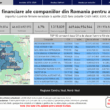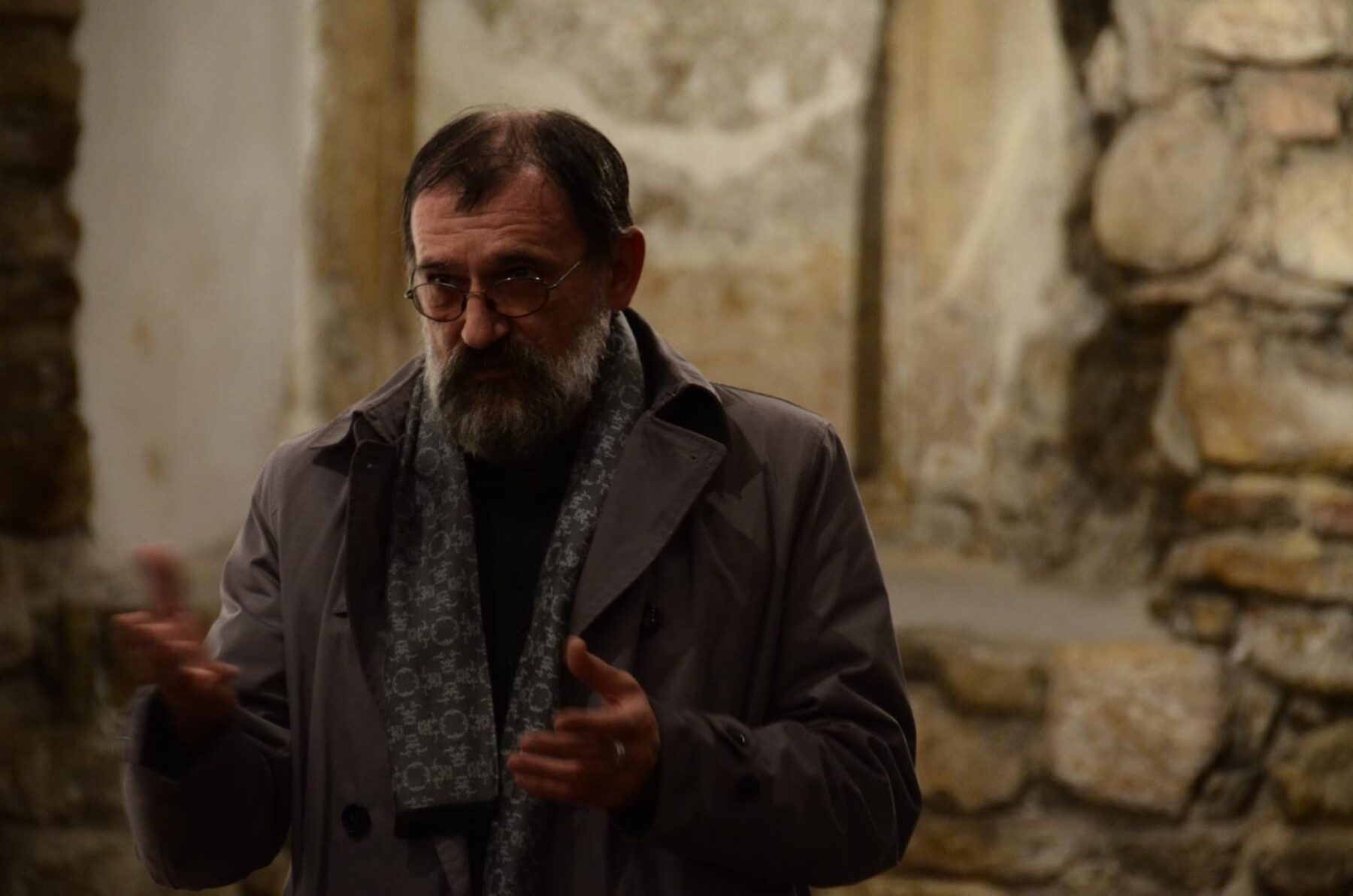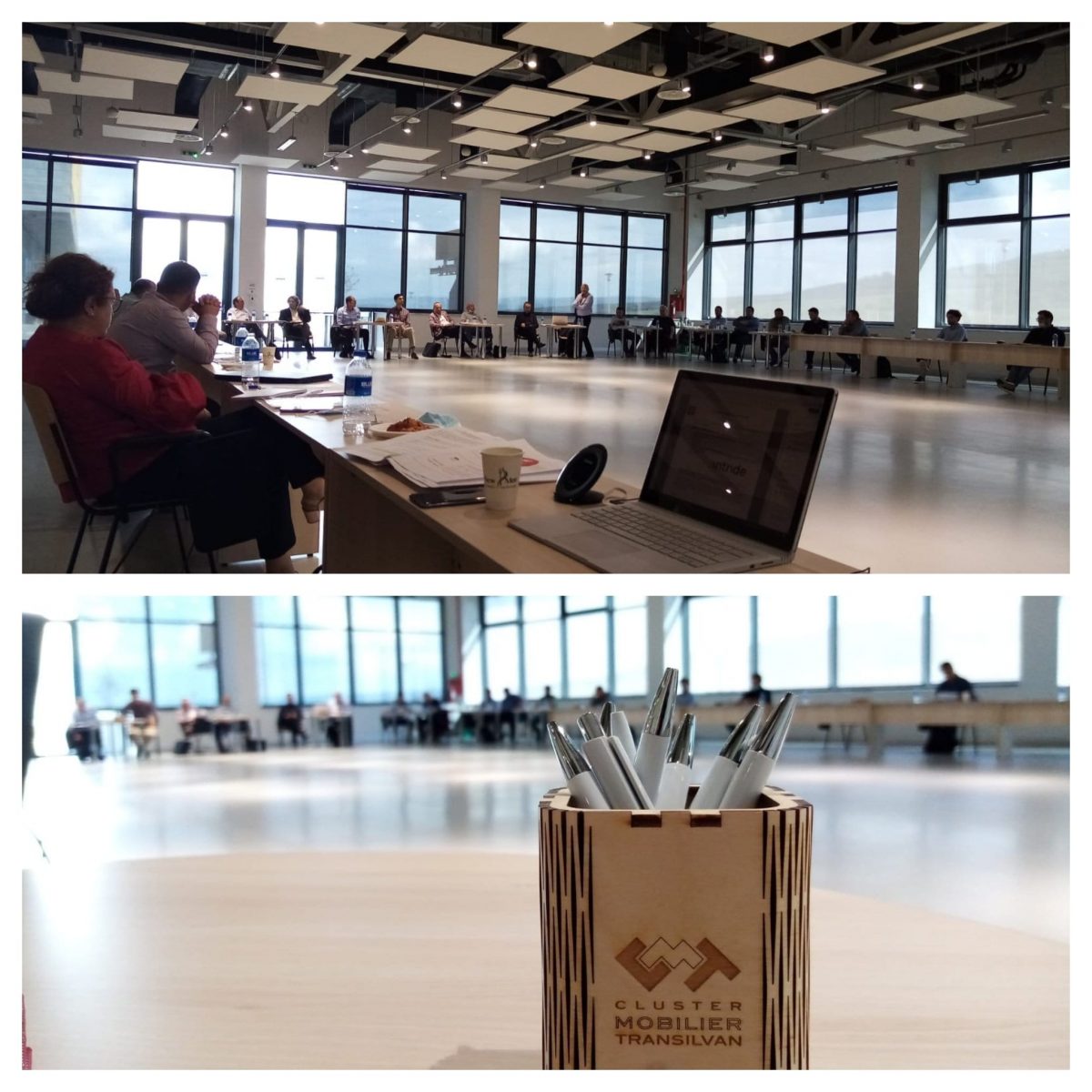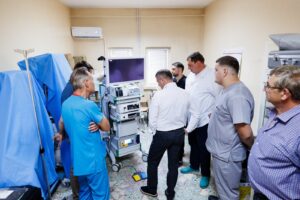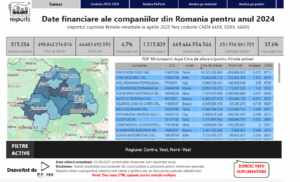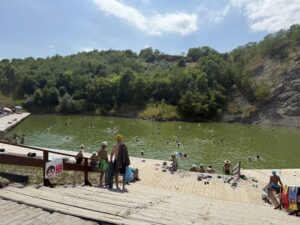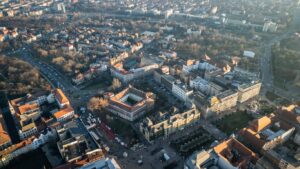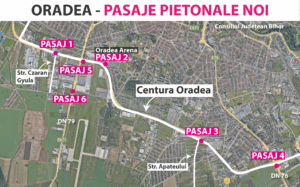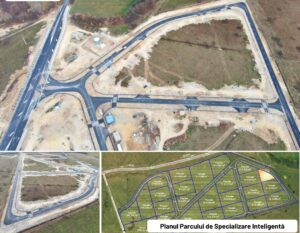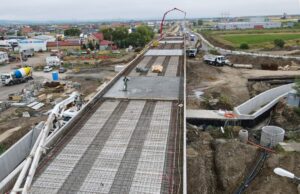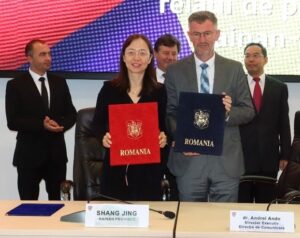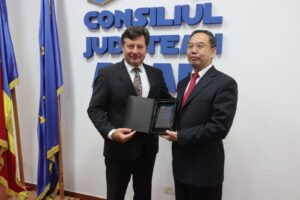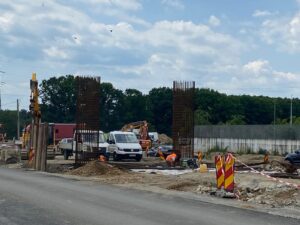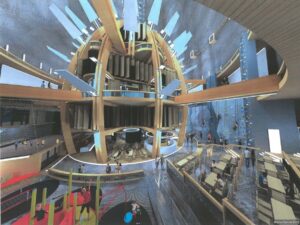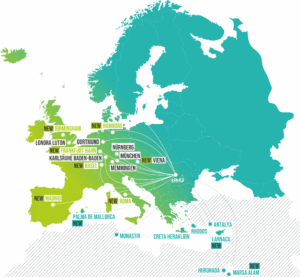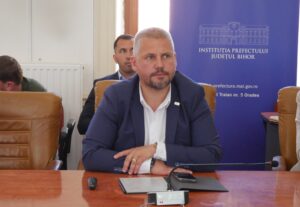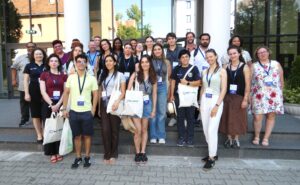Warsaw, the capital of Poland, has become the country’s first city to join EBRD Green Cities, the European Bank for Reconstruction and Development’s flagship urban sustainability programme.
A Memorandum of Understanding, signed today by the mayor of Warsaw, Rafał Trzaskowski, and EBRD Regional Director for Central Europe and the Baltics and Head of Poland, Grzegorz Zieliński, states that “both parties will endeavour to cooperate in identifying investment project opportunities in green infrastructure development priority areas”.
Air pollution in Warsaw is a serious concern. Recognising the impact of poor air quality and the global effects of carbon emissions, the city is developing a greener future by investing in its public transit system and working on a comprehensive strategy to improve its environmental performance.
Warsaw, with a population of almost 1.8 million people, is the largest city in Poland and the country’s political, economic and cultural hub.
Globally, cities account for three-quarters of greenhouse gas emissions and represent a prime opportunity to tackle climate change. The €1.5 billion EBRD Green Cities programme helps each member city tailor solutions to its environmental needs with a unique combination of measures designed to move towards a lower-carbon and more liveable future. On joining the programme, cities undertake a trigger project with EBRD finance and craft their own Green City Action Plan, or GCAP, setting out further actions.
Warsaw’s initial EBRD Green Cities trigger investment is expected to involve the acquisition of up to 45 new metro trains for the expansion of the Warsaw Metro Line II later this year and connecting the north and south of the city by crossing the river Vistula.
Warsaw will receive the combined support of EBRD Green Cities and the climate leadership group C40 to develop a multi-decade investment plan and roadmap to achieve carbon neutrality while addressing its most immediate challenges in the short term.
The city’s GCAP is supported by donor funding from Poland and Taipei China, and the EBRD and C40 will work together to help deliver the final action plan.
This will be the first such cooperation within EBRD Green Cities, a fast growing programme that now has 43 participating cities.
_ _
The following text is taken from the Welcome Message from Mark Watts, Executive Director of C40 Cities in C40’s 2019 Annual Report.
“Globally, greenhouse gas emissions need to halve by 2030 and cities are showing it is possible.”
Bringing together 96 cities representing more than 700 million people and one-quarter of the global economy, C40 was founded by mayors, for mayors, to take ambitious climate action. C40 is now leading the charge for a Global Green New Deal — a series of essential steps to cut emissions, invest in clean energy, protect our natural resources, and ensure a just transition for all, and particularly the most disadvantaged.
We have seen great progress over the last year, but as the climate crisis deepens C40 cities’ action needs to step up further. As our new Chair, Los Angeles Mayor, Eric Garcetti, said: “When it comes to climate action, no one is doing more than cities, but nobody is doing enough. The 2020s will be a make-or-break decade for the survival of our environment and the strength of our economy, and I have no doubt that C40 will stand front and center in the battle to build a more sustainable, inclusive future for every worker and family in every community around the world.”
Mayor Garcetti took over as C40 Chair from Mayor of Paris, Anne Hidalgo, in December 2019. “Being the first woman C40 Chair was a great honor,” said Mayor Hidalgo. “During this time, we strived to put people back at the centre of the decision-making process and give voice to the voiceless. United and all together, we will achieve the Paris Agreement goals. As of today, cities are now recognised as leading actors to defend climate and social justice in the world”.
This report sets out C40’s achievements in 2019. This was a monumental year in which we saw the accelerated steps C40 cities are taking to reduce emissions and climate risks. C40 continued to lead globally with agenda-setting declarations and events, not least the C40 World Mayors Summit, and continued to support cities in removing barriers to bold action.
The science is clear. We need to act faster and with more urgency to avoid a climate breakdown. Fortunately, C40 cities are already delivering climate action that can help secure a healthy, prosperous and equitable future for all.



